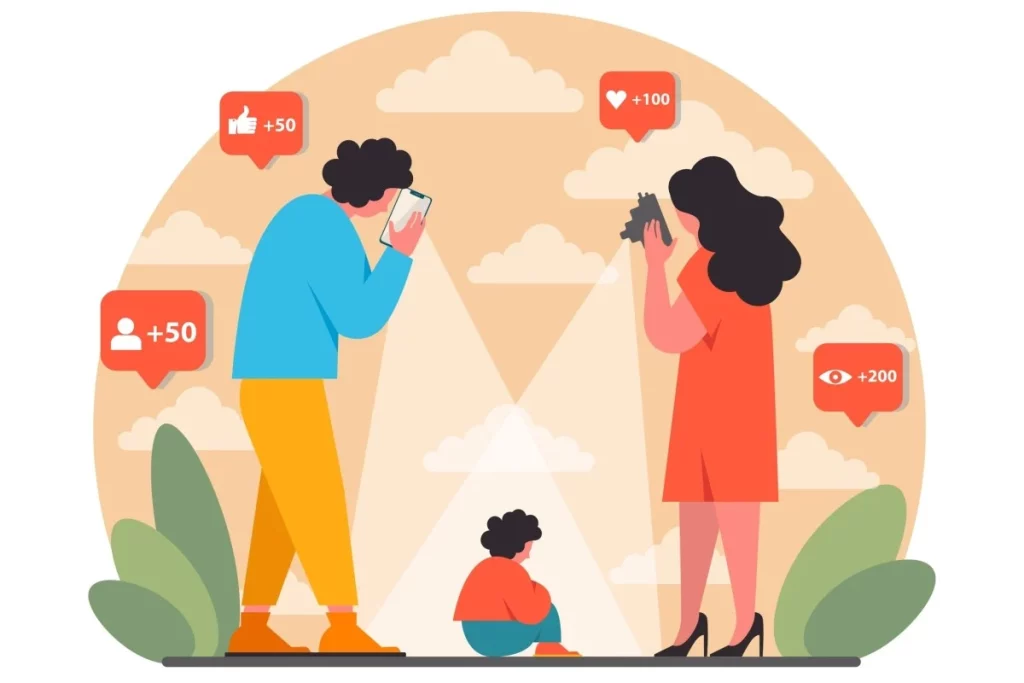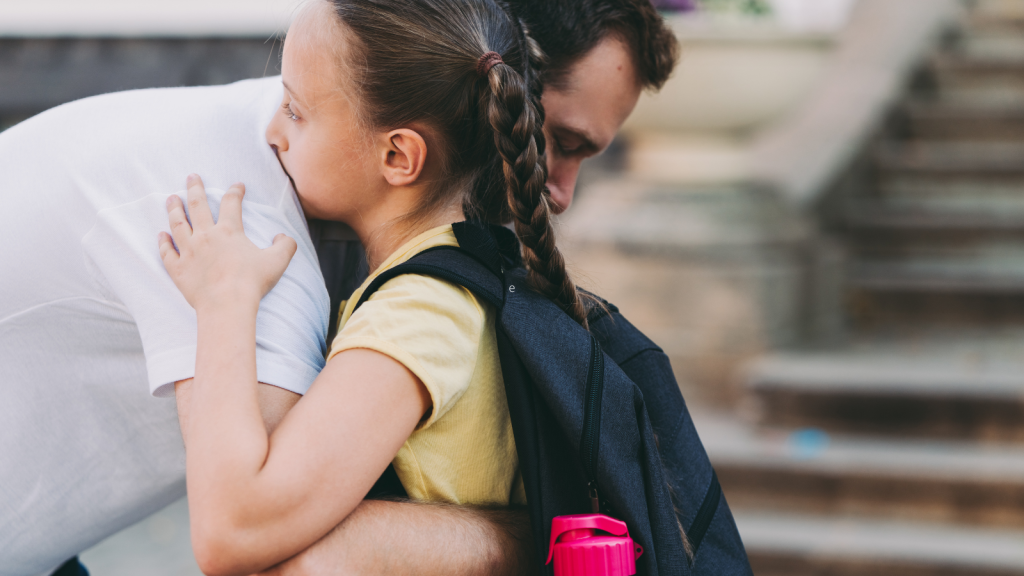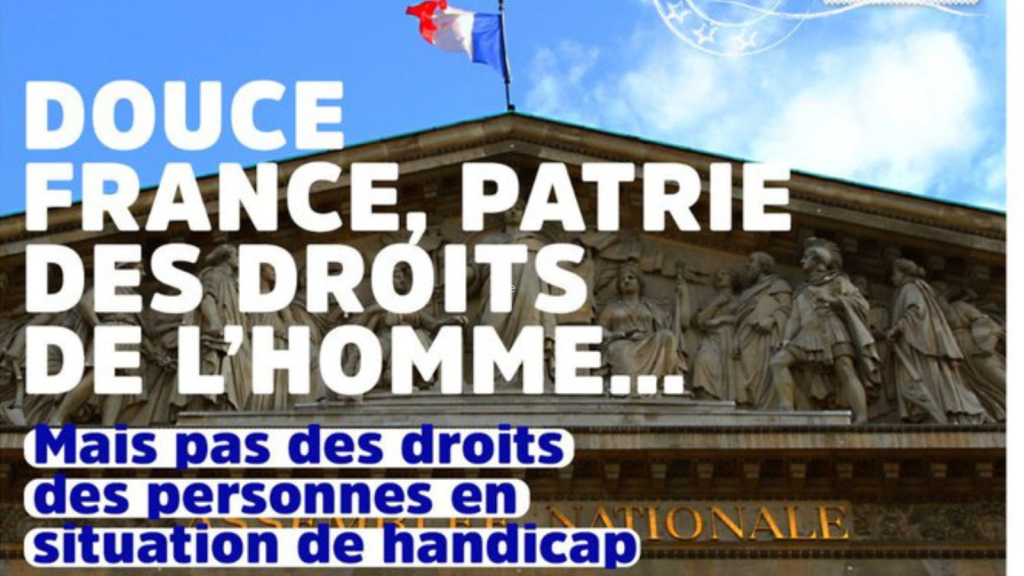Response from COFACE Disability co-chair to Letter of President Charles Michel.
We can only be grateful that the European Union is aware of the needs of families, family carers and vulnerable groups. We are living an unprecedented situation which requires exceptional measures, and redirection of European funds is essential to respond partially (since the challenge is huge) to the social and economic crisis resulting from the COVID-19 pandemic.
Today however, a reflection is needed concerning persons with disabilities and family carers. The organization of support of both these target groups has been completely inadequate. And while some still had doubts about the important role of family carers, this pandemic made everyone realise just how vital family carers are in supporting their family members with disabilities, age-related or serious illness. Since the start of the pandemic, they had no choice but to organize themselves to provide the necessary support to family members. From one day to the next: professional carers were no longer available, no more health nor home support, day centres were closed. As a result of the lockdown and imposed confinement, family carers shared testimonies about their feelings of isolation and abandonment:
- Total isolation without external support 1)
- Feeling of abandonment and left to themselves
Many carers lived and continue to live in distress and suffering in this imposed role, but also in witnessing the suffering of their family member left without any support, with deteriorating physical and mental health resulting in very tense relations.
- Teacher, speech therapist, psychomotrician are not my profession.
- Confinement has led me to become: cleaner, nurse, administrative secretary, teacher, specialist educator and punching ball!
Forgotten, family carers lived through a major lack of recognition during this pandemic crisis : no masks, nor protection for themselves (nor professional carers at first) to prevent them from getting contaminated or contaminating the person in need of support.
- I do not feel recognised in my role as carer…carers are the big forgotten group of this crisis.
- No masks for family carers!
The educational systems set up for most children, was problematic for those who needed adapted and additional pedagogical support. They were forgotten.
- I am exhausted mentally and physically, and I know I will not come out the other side of this pandemic without long-term negative effects on my health
It is to the detriment of their health and professional life, with an impossible reconciliation between work and family life, that they supported their family member(s). The majority, at least until now, have resisted but it will be essential to evaluate their health at a later point.
- The confinement plunged me into a situation which will be difficult for me to recover from. I have aged 5 years in the last 2 months. I am exhausted.
- I am exhausted, and my workload is still huge, I find it hard to reconcile.
To conclude this sad report, it is important to note that persons with disabilities living at home also suffered from the confinement. The total absence of health support concerns 60% of persons living with a chronic illness or disability. Furthermore, we learn that a quarter of persons living with a chronic illness or disability gave up other basic needs, by limiting their movements and modifying their eating patterns, sometimes even reducing their food intake 2)!
Finally, the inequalities exploded, namely for single parent families (affecting more women), poorer families or isolated family carers supporting family members with complex needs (multiple disabilities, severe autism, Alzheimer..)
- Stress, isolation, guilt about not being more available. More physical and mental exhaustion.
- I already felt responsible for everything, but now, it’s even more obvious that if I’m not there for my husband, he will be completely abandoned. I simply can’t afford to get ill, and that is unbearable.
Yes, the different solidarity actions especially from the voluntary sector played a big support role. Yes, the Member States of the EU took measures, albeit late, to simplify procedures, automatically renew rights, and more. But this situation confirms, not that we needed the confirmation, that persons with disabilities and their carers are the “forgotten”, forgotten in preventive actions, forgotten in health actions, forgotten in economic and social actions, and among the most affected in terms of risk of COVID-19 transmission and real deaths . This was underlined by the UN Committee on the Rights of Persons with Disabilities, on the 9th June, which declared it was deeply preoccupied by the devastating effects of the COVID-19 pandemic on persons with disabilities.
1) Testimonies from a French survey by the CIAAF-IRES (in partnership with APF France handicap) on « the impact of confinement on carers and their needs » June 2020
2) Covid-19 Survey, Éthique et vulnérabilités. May 2020
**DISCLAIMER: All opinions in this article reflect the views of the author, not of COFACE Families Europe**
About the author:
Chantal Bruno, co-présidente de COFACE Disability, membre associée à la Commission pour la Défense et la Promotion des Droits et libertés des personnes handicapées et du réseau Europe, international et Outre Mer d’APF France handicap, administratrice UNAF, secrétaire générale du Collectif Interassociatif des aidants familiaux.





